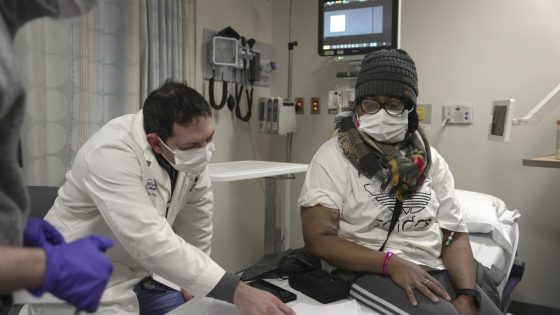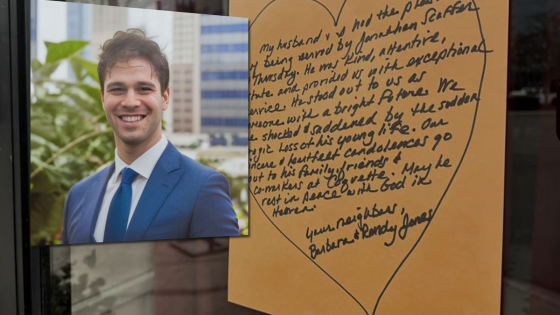An Alabama woman has become the longest living recipient of a pig organ transplant, with her new kidney functioning healthily for 61 days as of January 25, 2025. Towana Looney, who received the transplant at NYU Langone Health, is recovering well and enjoying life in New York City.
- Towana Looney is the longest living pig organ recipient.
- Her kidney transplant has lasted 61 days.
- Doctors report her kidney function is normal.
- Pig organ transplants address human organ shortages.
- Looney serves as an ambassador for others.
- Future studies on xenotransplantation are planned.
Looney’s case marks a significant milestone in xenotransplantation efforts, as she outlives previous recipients of gene-edited pig organs. Her vibrant recovery offers hope amid ongoing research to address the shortage of human organs available for transplantation.
Towana Looney’s successful kidney transplant represents an important step forward in xenotransplantation research. She is one of only five Americans to receive gene-edited pig organ transplants, which have been classified as “compassionate use” cases by the FDA due to their experimental nature. Previous attempts at similar transplants resulted in patients surviving less than two months.
Looney’s journey began after she faced severe complications following a pregnancy that led to high blood pressure and kidney failure. After eight years on dialysis and being deemed unlikely to receive a human organ due to high antibody levels, she opted for the experimental procedure involving a genetically modified pig kidney.
- Looney was discharged just 11 days post-surgery.
- Her kidney function has been described as “absolutely normal” by Dr. Robert Montgomery.
- The first formal studies on xenotransplantation are expected to begin later this year.
The medical team closely monitors Looney’s recovery through regular blood tests and observations. Recently, they detected early signs of potential rejection but successfully treated her without further issues. As she continues her recovery, Looney aims to serve as an ambassador for others facing long waits for organ transplants, sharing her experience and encouraging discussions about xenotransplant options.
This case illustrates both the challenges and potentials within the field of organ transplantation, highlighting ongoing efforts to genetically modify animal organs for better compatibility with human patients. While there remains uncertainty about how long her transplanted kidney will last, Looney’s progress provides valuable insights into future procedures and patient care strategies.
Towana Looney’s story emphasizes hope in addressing the critical shortage of transplantable organs through innovative approaches like xenotransplantation. As researchers continue their work in this area, each patient’s experience contributes valuable knowledge toward improving outcomes in future transplants.































